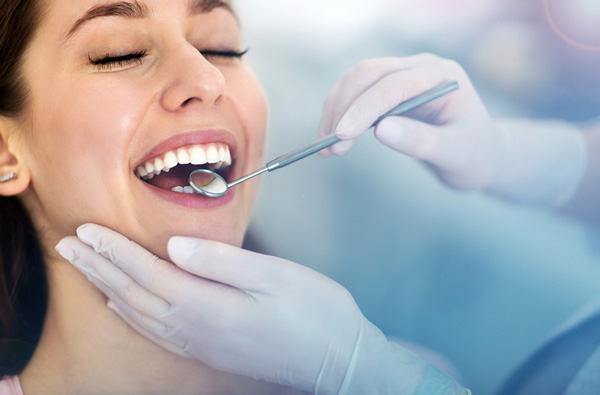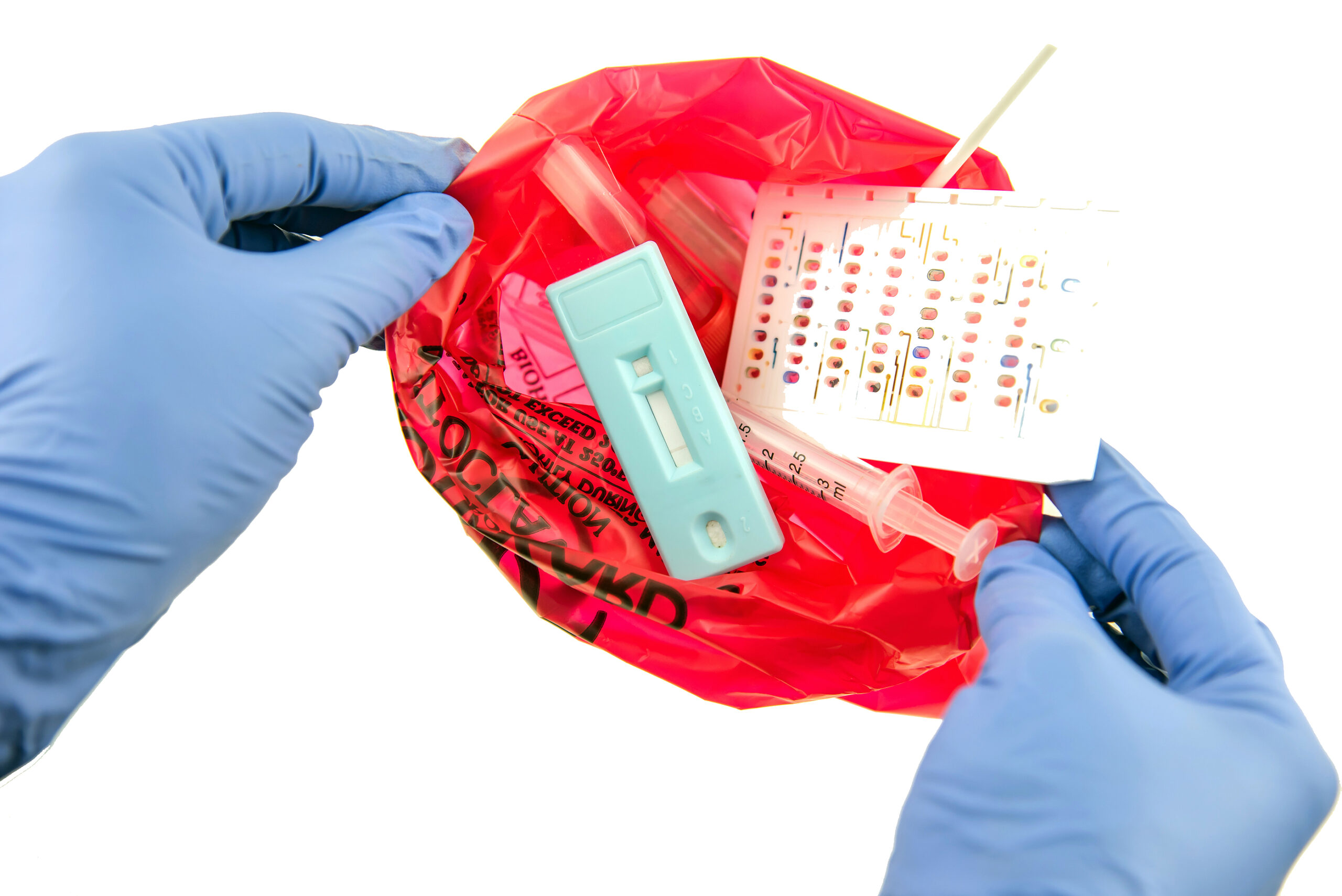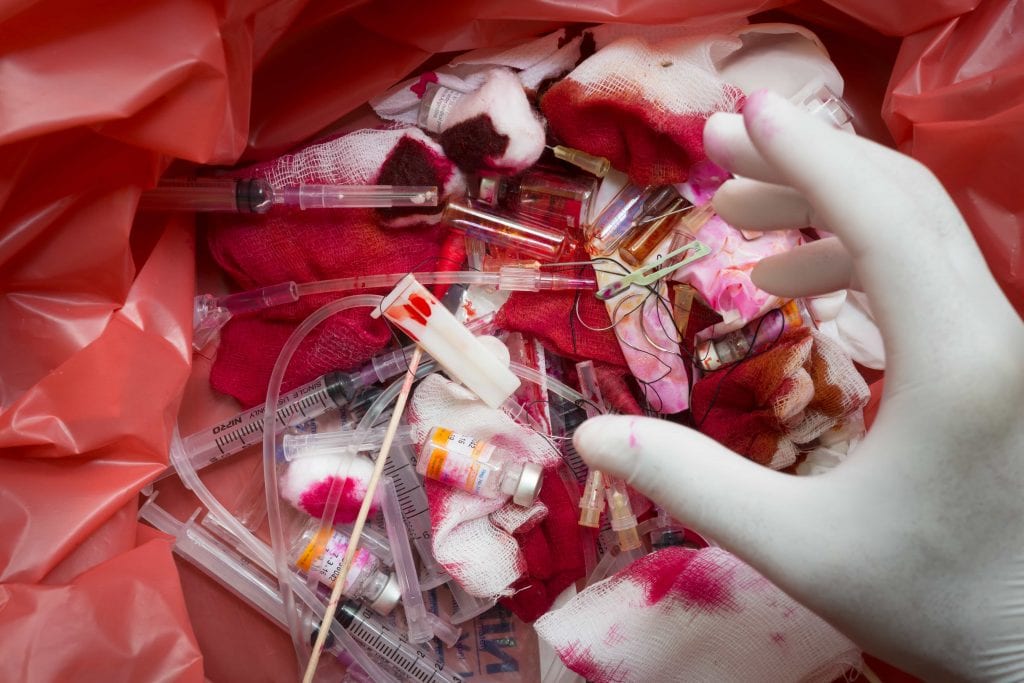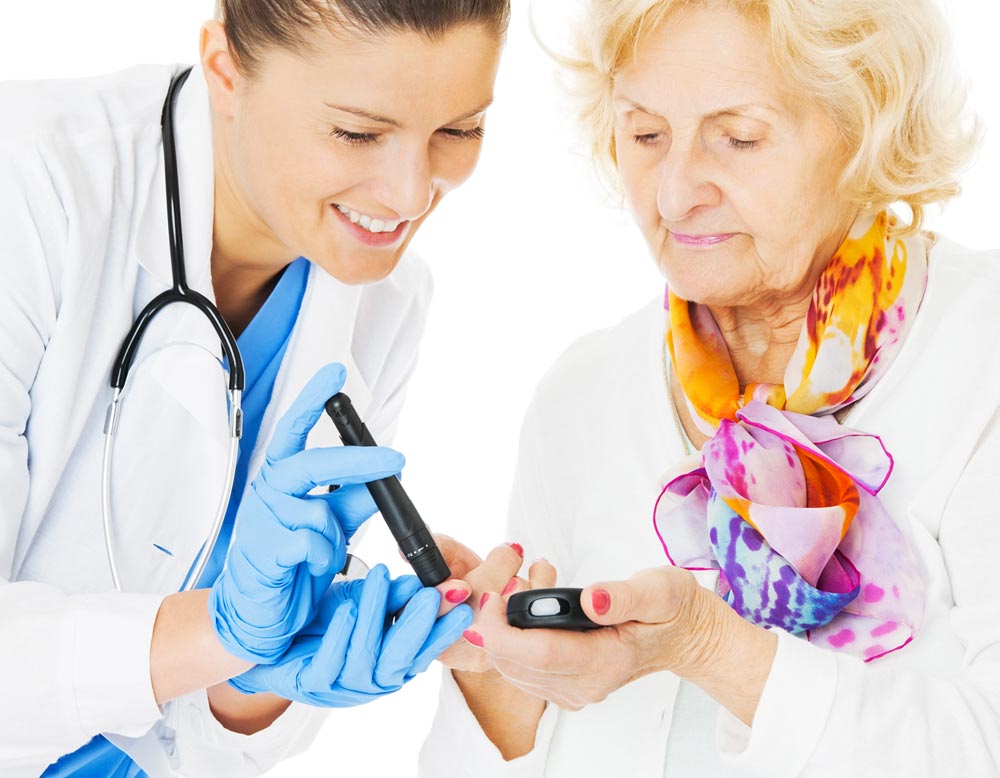Dentists are at the forefront of safeguarding oral health, performing dental procedures that require precision, expertise, and the use of specialized medical waste management practices. Among the many tools used are “sharps,” including needles, scalpel blades, and orthodontic wires, which become classified as biohazardous waste after use. These items, when contaminated with bodily fluids, pose significant risks, necessitating strict adherence to local regulations and the services of a reliable sharps disposal company to ensure proper and safe waste disposal.
This article explores why dentists need a biohazard sharps disposal company like Secure Waste, the dangers of improper waste management, the advantages of outsourcing, and key criteria for selecting a reliable service provider. Secure Waste Services Maryland, Virginia & Washington D.C.
What Are Sharps in Dentistry?
In the context of dental offices, “sharps” refer to medical instruments or objects that can puncture or cut the skin. These tools are critical to various dental procedures but become infectious waste when exposed to blood or other potentially infectious material. Examples of sharps waste in a dental practice include:
- Needles: Used for administering local anesthesia or medication.
- Scalpels: Essential for oral surgeries and soft tissue procedures.
- Orthodontic Wires: Commonly applied during orthodontic treatments.
- Endodontic Files: Utilized in root canal treatments.
- Burs and Blades: Sharp rotary tools for cutting through hard tissues like enamel.
Once these items come into contact with body fluids, they are classified as regulated medical waste and require proper treatment and disposal to minimize environmental and health risks.
The Importance of Proper Sharps Disposal

1. Protecting Public Health
Improperly discarded sharps pose a direct threat to public health, increasing the risk of injury and exposure to infectious waste. According to the National Institute of Health (NIH), an estimated 385,000 needlestick injuries occur annually among healthcare workers in the U.S. These injuries frequently involve exposure to bloodborne pathogens such as:
- Hepatitis B (HBV)
- Hepatitis C (HCV)
- Human Immunodeficiency Virus (HIV)
This staggering figure highlights the need for proper medical sharps disposal in dental offices and other healthcare settings. Safe handling and disposal protocols are critical to protecting healthcare professionals, including dental assistants and office staff, from these preventable injuries.
2. Ensuring Workplace Safety
In a dental practice, improper management of sharps waste creates a significant hazard for staff responsible for handling or transporting waste. Puncture-proof sharps containers provided by professional waste management companies dramatically reduce these risks.
Additionally, the use of OSHA-compliant disposal methods ensures that sharps are removed from the workplace safely, protecting staff from accidents that contribute to these alarming statistics.
3. Legal Compliance
Compliance with state regulations, federal regulations, and guidelines from agencies such as OSHA and the EPA is non-negotiable for dental clinics. Failing to properly dispose of regulated medical waste can result in:
- Hefty fines.
- Legal penalties.
- Suspension of a dental office license.
4. Reducing Environmental Impact
Improperly discarded hazardous waste, such as sharps, can contaminate the environment. A responsible sharps management strategy helps prevent wastes generated during dental procedures from polluting ecosystems.
Challenges in Managing Sharps Without Professional Help
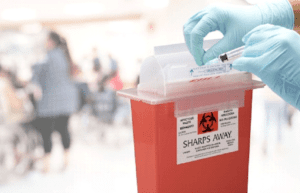
Without professional assistance, dental practices encounter several hurdles, including:
- Improper Waste Segregation: Mixing sharps with other wastes generated can increase contamination risks.
- Storage Limitations: Overfilled sharps containers can lead to spillage and injuries.
- Transportation Risks: Moving infectious waste without proper permits or training can violate regulations.
What Does a Biohazard Sharps Disposal Company Do?
A professional medical waste disposal company ensures safe, compliant handling of dental office waste by offering services such as:
1. Provision of Puncture-Proof Containers
They supply sharps containers designed to securely store medical waste like needles and blades. These containers are leak-proof, clearly labeled, and compliant with regulatory guidance.
2. Scheduled Waste Collection
Regular waste collection ensures that containers are emptied before exceeding their capacity, reducing the risk of accidental injuries.
3. Safe Transportation and Disposal
Sharps are transported in secure vehicles to licensed facilities, where they are treated through methods like autoclaving or incineration. These processes neutralize risks, ensuring environmentally responsible disposal.
4. Documentation and Compliance
The company provides records of disposal, helping dental professionals demonstrate adherence to state regulations and avoid penalties.
Benefits of Partnering with a Sharps Disposal Company
1. Regulatory Compliance
Outsourcing sharps disposal ensures alignment with OSHA, EPA, and local regulations, avoiding potential legal consequences.
2. Enhanced Safety
By using specially designed containers and trained professionals, risks to staff handling hazardous materials are significantly reduced.
3. Cost Savings
Partnering with a professional service minimizes costs from hidden fees, fines, or accidents, allowing clinics to focus resources on patient care.
4. Sustainability
Many disposal companies prioritize eco-friendly practices, reducing the environmental impact of waste disposal.
5. Focus on Core Duties
With waste management handled externally, dentists and their teams can dedicate their time to providing superior care.
How to Choose the Right Sharps Disposal Company
1. Verify Credentials
Ensure the company is licensed to handle biohazardous waste and follows all relevant regulations.
2. Check Industry Expertise
Opt for a provider with experience serving dental clinics, ensuring they understand the unique requirements of a dental practice.
3. Review Services
Look for flexible options like universal waste pickup schedules and comprehensive compliance support.
4. Evaluate Reputation
Consult reviews or seek recommendations from other healthcare professionals to find a reliable partner.
5. Consider Costs and Value
While affordability matters, prioritize services that offer proper treatment and guarantee compliance to avoid future penalties.
Sharps Disposal Guidelines for Dental Clinics
To maintain compliance and safety, follow these best practices:
- Use OSHA-Compliant Containers: Ensure all sharps waste is stored securely in approved containers.
- Train Staff: Conduct regular biohazardous waste training for handling sharps and other potentially infectious material.
- Schedule Regular Pickups: Partner with a professional for consistent waste collection.
- Maintain Documentation: Keep detailed records for inspections and audits.
The Consequences of Improper Sharps Disposal
Failing to properly manage hazardous waste can lead to:
- Health Risks: Increased exposure to potentially infectious material through accidental injuries.
- Legal Penalties: Non-compliance can result in fines and loss of licensure.
- Environmental Damage: Improper disposal contaminates soil and water, harming ecosystems.
- Reputation Damage: Patients may lose trust in a practice that neglects its waste management responsibilities.
Dentists need a biohazard sharps disposal company to ensure the safe and compliant handling of hazardous materials. From protecting public health and the environment to maintaining a clinic’s reputation, the benefits of professional sharps disposal services are undeniable. By partnering with an experienced provider, dental practices can focus on patient care, confident that their waste management responsibilities are in expert hands.
Frequently Asked Questions
Why can’t sharps be thrown in regular trash?
Sharps can harm waste handlers and contaminate the environment, making proper disposal mandatory.
Is sharps disposal required for all dental offices?
Yes, all dental offices must adhere to federal regulations for safe sharps disposal.
How often should sharps containers be emptied?
Frequency depends on the volume of waste generated, but regular pickups prevent overfilling.
Can sharps disposal companies handle other types of waste?
Yes, they often manage pharmaceutical waste, dental amalgam, and lead aprons.
What happens if I ignore disposal regulations?
Non-compliance can lead to penalties, legal actions, and reputational harm.
Is outsourcing waste disposal cost-effective?
Yes, professional services save money in the long run by preventing fines and improving efficiency.
What containers in the dental office require biohazard labeling?
Containers used for sharps waste, infectious waste, and other potentially infectious material require clear biohazard labeling to meet OSHA and EPA standards.
Are contaminated sharps considered biohazardous waste?
Yes, once sharps come into contact with bodily fluids or potentially infectious material, they are classified as biohazardous waste and must be disposed of using approved methods.
Where is the best place to dispose of sharps?
The safest place to dispose of sharps is in OSHA-compliant sharps containers provided by a licensed biohazard sharps disposal company. These containers should then be collected and processed by authorized facilities.
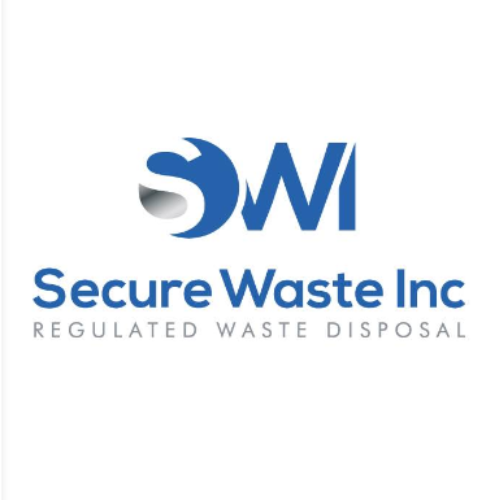
Expert Medical Waste Management: With over 25 years of industry experience, Secure Waste is a trusted local leader in hazardous and biohazardous waste disposal across Maryland, Virginia, and Washington, D.C. Specializing in medical waste management, sharps needle disposal, and biohazard waste removal, the company ensures full compliance with federal, state, and local regulations while prioritizing environmental sustainability.
The company also offers additional services, including secure document shredding and sharps container sales, providing comprehensive solutions for healthcare facilities and businesses. Our cost-effective services help clients maintain regulatory compliance without unexpected costs.
With a commitment to customer satisfaction, Secure Waste offers tailored waste management plans that align with industry best practices. Their team of experts provides reliable, timely, and compliant services, making them the preferred choice for medical waste disposal. For a free waste quote or more information, visit www.securewaste.net
